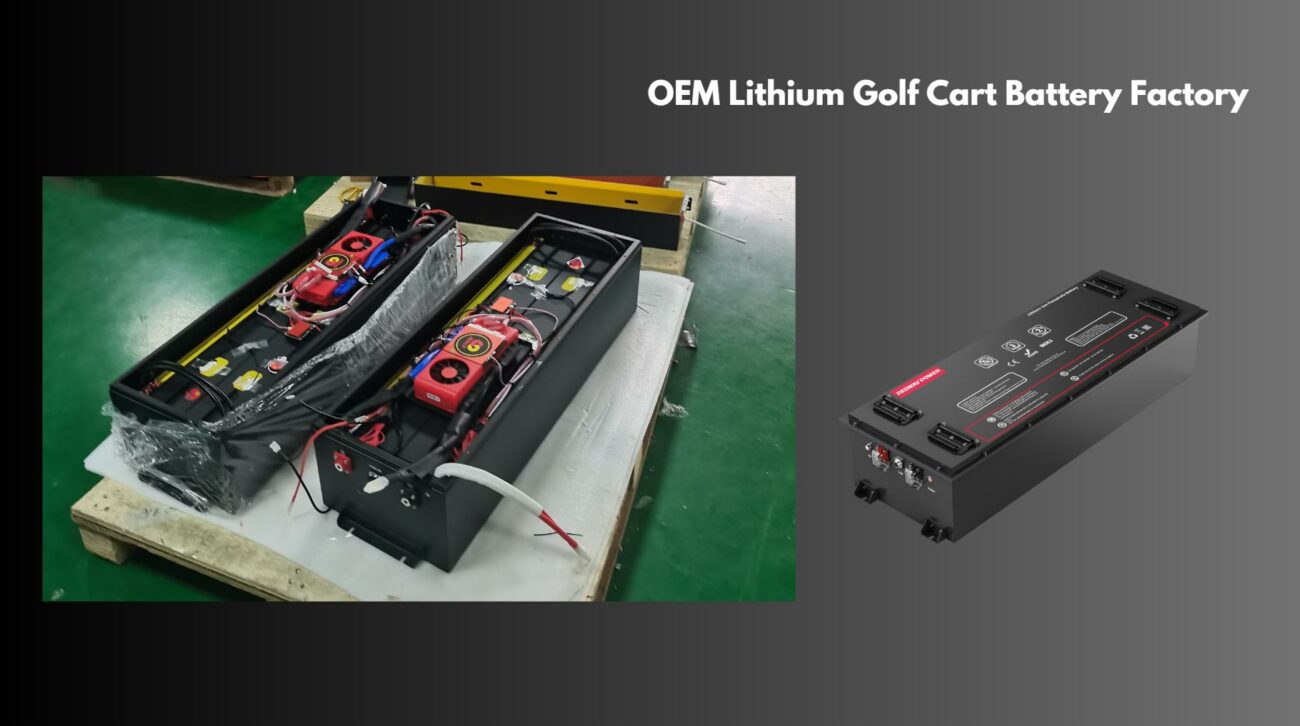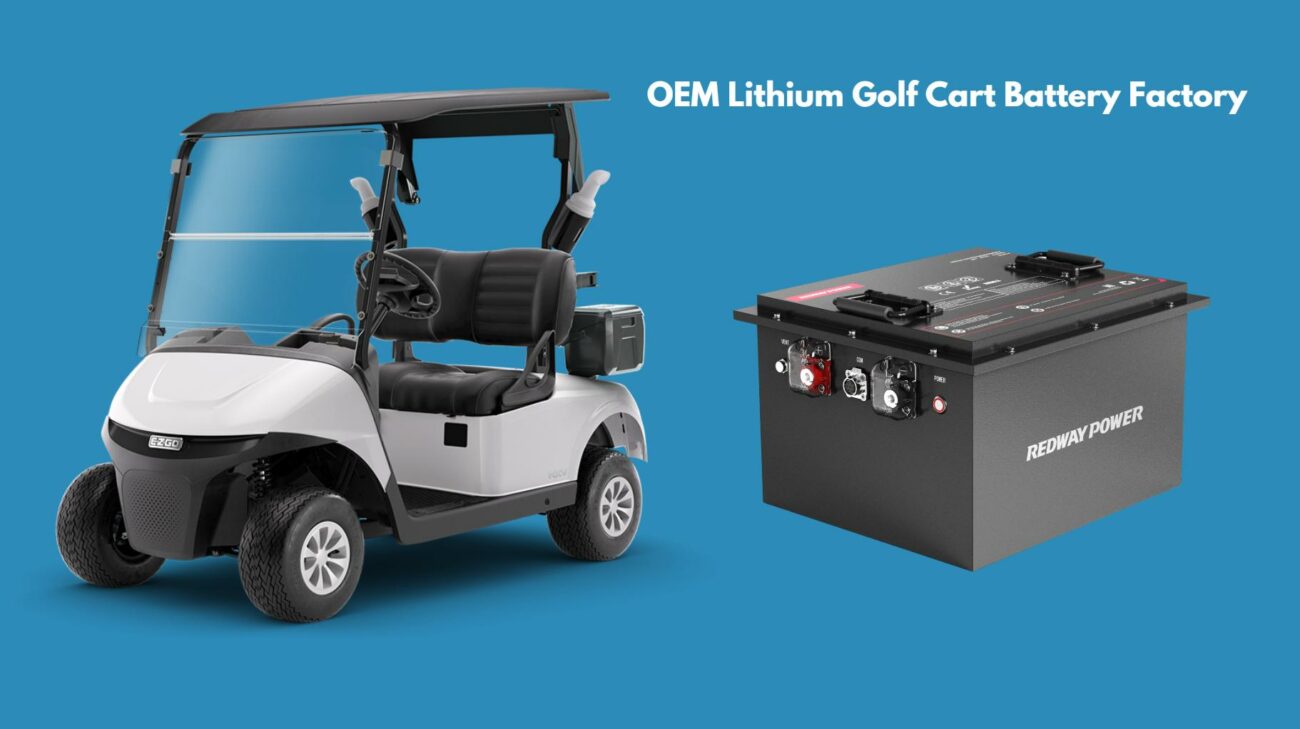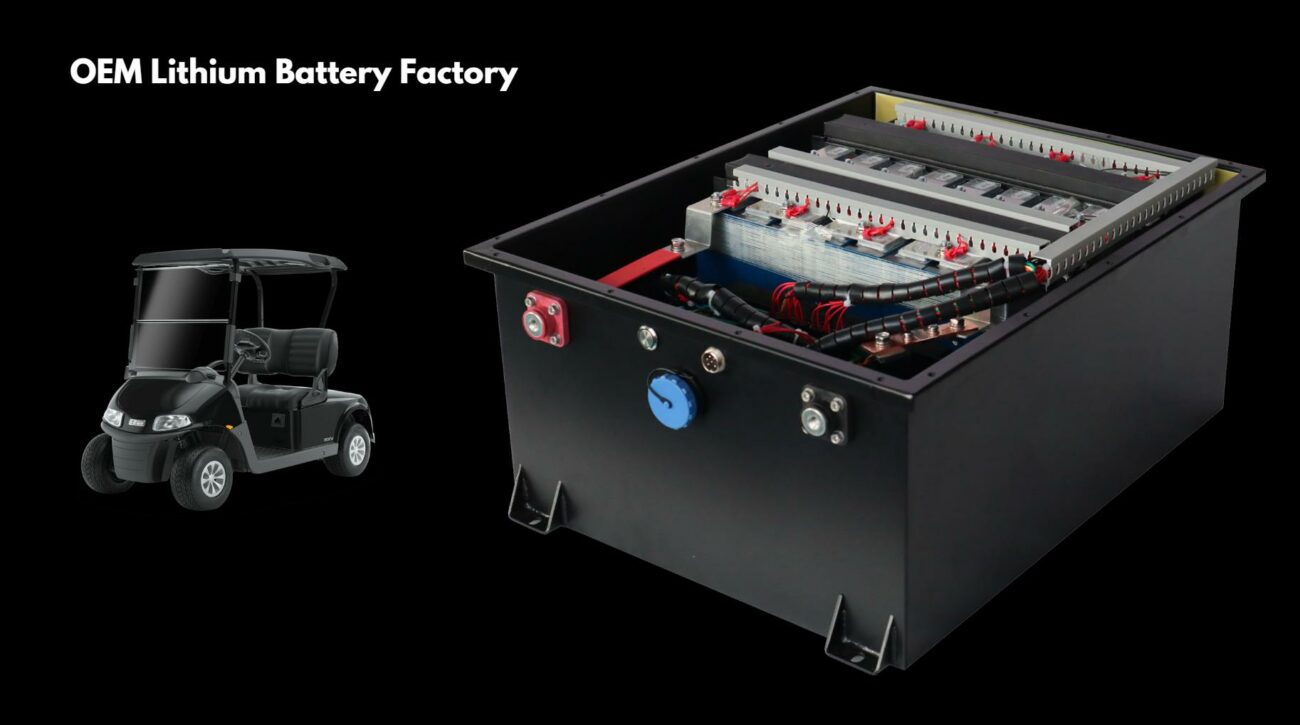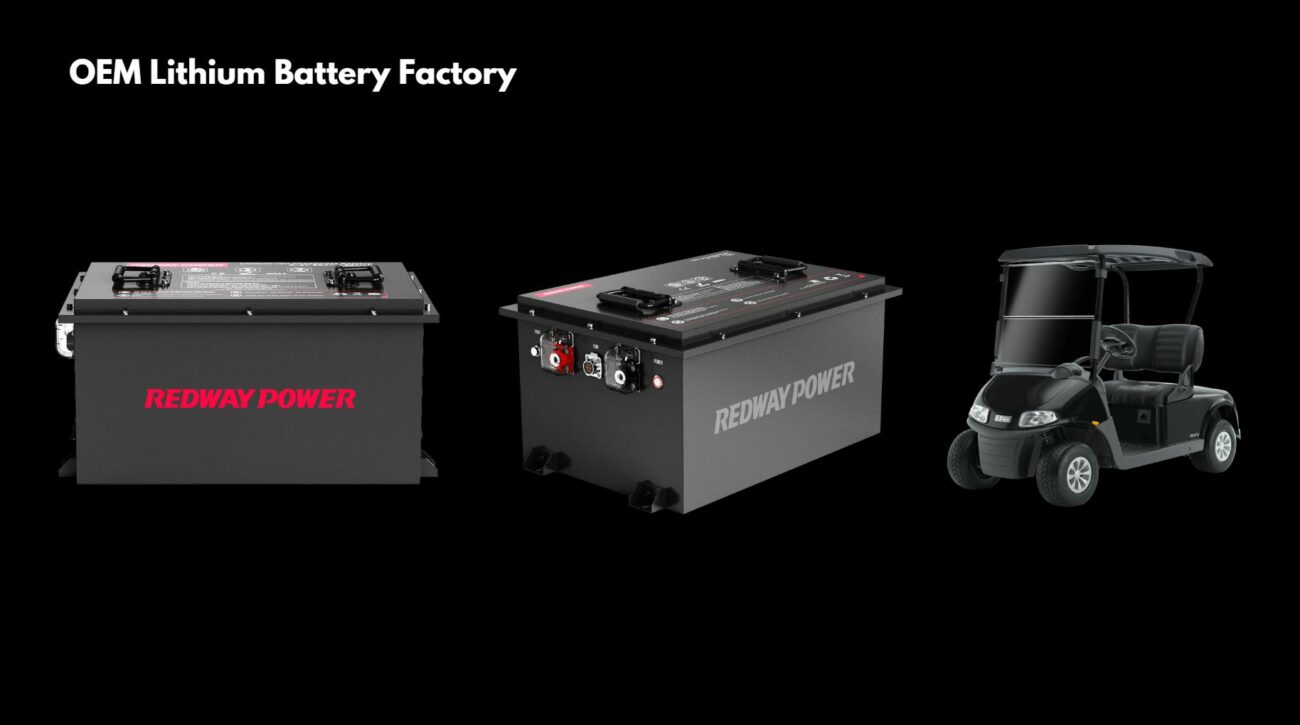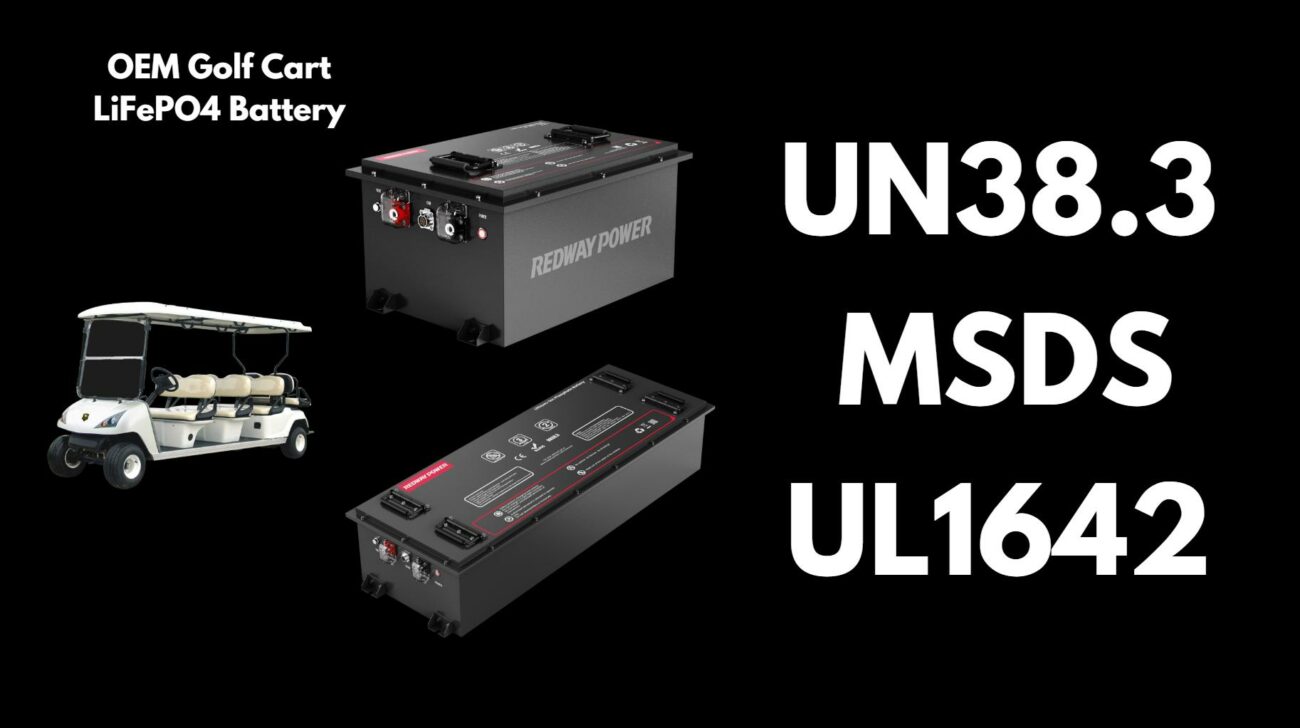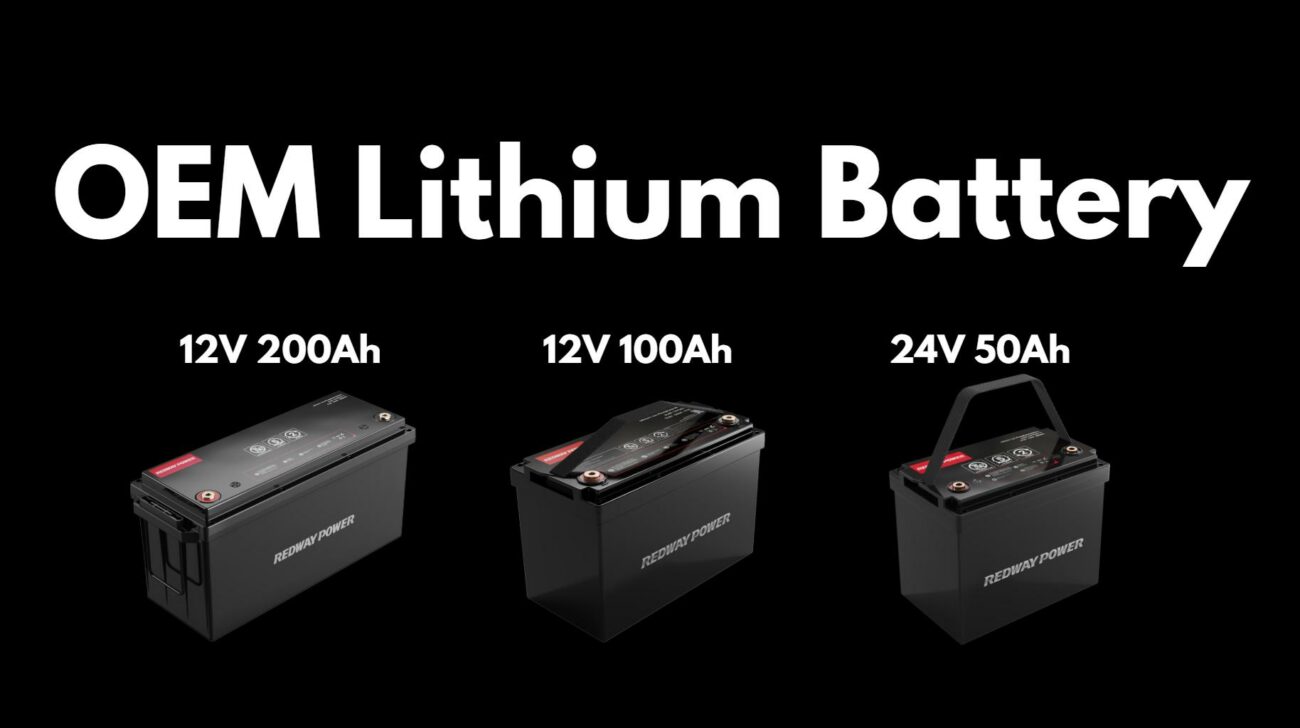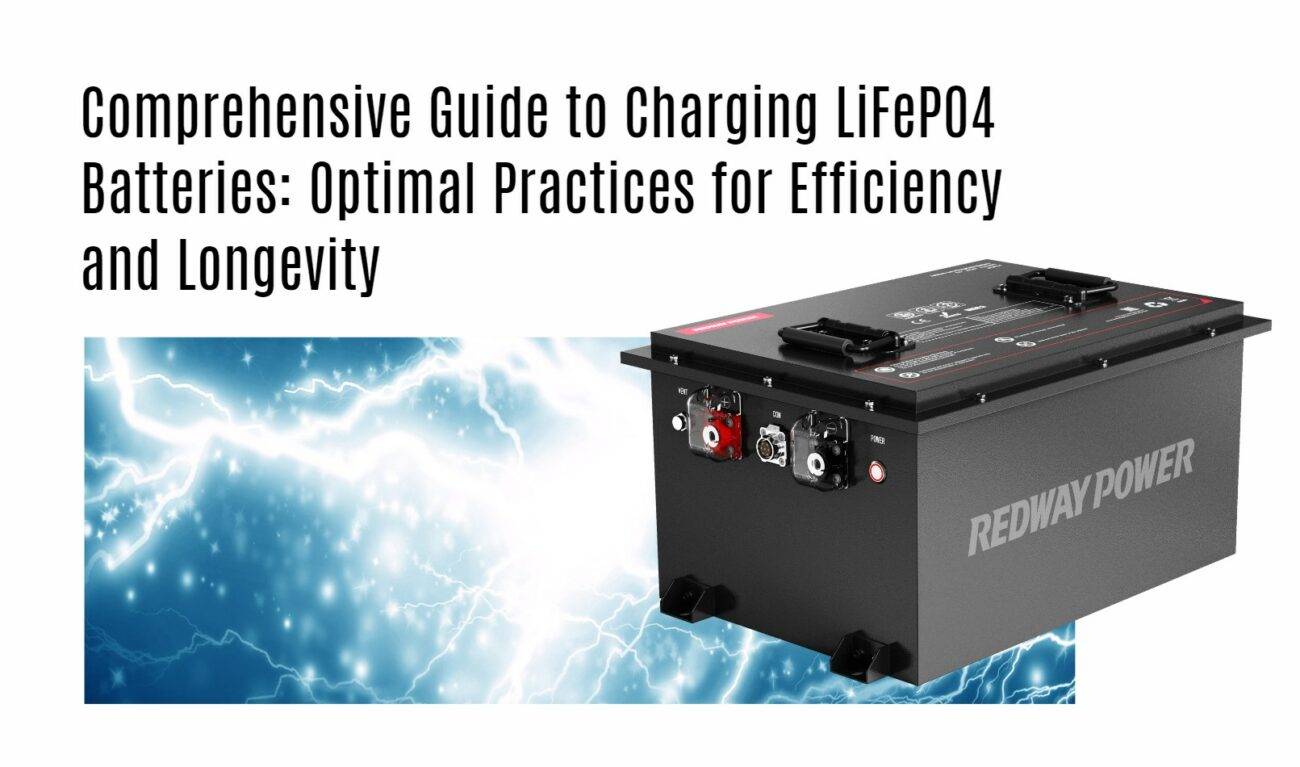Choosing the right battery manufacturer is paramount for ensuring the optimal performance and longevity of your energy solutions. What specific battery needs are most crucial to consider when selecting a manufacturer? It’s vital to evaluate factors like capacity, voltage, cycle life, and the presence of a robust Battery Management System (BMS). Why is understanding your application’s unique requirements key? Matching your needs with a manufacturer’s capabilities prevents underperformance, ensures safety, and maximizes the return on your investment. How do you choose a battery manufacturer that aligns with your project goals?
Why are LiFePO4 Batteries a Good Choice?
LiFePO4 (Lithium Iron Phosphate) batteries have become increasingly popular due to their superior safety, long cycle life, and high energy density. They offer exceptional thermal stability, reducing the risk of thermal runaway, which is a significant concern with other lithium-ion chemistries. What makes them a preferred choice for various applications? Their ability to withstand a high number of charge and discharge cycles (typically 2,000 to 5,000 cycles or more) and perform well across a wide temperature range makes them ideal for electric vehicles, renewable energy systems, and backup power solutions.
| Feature | LiFePO4 Batteries | Other Lithium-Ion Batteries |
|---|---|---|
| Safety | High, low risk of thermal runaway | Varies, some higher risk |
| Cycle Life | 2,000 – 5,000+ cycles | Typically lower |
| Energy Density | High | Can be higher or lower |
| Temperature Range | Wide operating temperature range | More limited |
| Charging | Fast Charging | Varies |
What Key Factors Should Guide Your LiFePO4 Battery Selection?
Selecting the right LiFePO4 battery involves balancing capacity, efficiency, longevity, and cost. What are the most critical factors to consider? You should assess your energy requirements, voltage needs, desired cycle life, and any size or weight restrictions. It’s also essential to evaluate the manufacturer’s reputation, warranty offerings, and the quality of their Battery Management System (BMS). Why does a careful evaluation of these factors ensure optimal performance and long-term value? Aligning your specific needs with the battery’s specifications prevents underperformance, premature failure, and potential safety issues. Understanding Your Specific Battery Needs When Selecting a Manufacturer is vital.
Also read:
Does Battery Firm’s Experience Matter?
What LiFePO4 Battery Certifications Should You Look For?
Why Understanding Battery Needs Is Key?
Why Choose LiFePO4 Batteries for Your Power Needs?
How Does Battery Capacity Impact Your Application?
Battery capacity, measured in ampere-hours (Ah) or watt-hours (Wh), determines the amount of energy a battery can store. How does this affect your application’s performance? Choosing a battery with sufficient capacity is crucial for meeting your energy requirements and ensuring adequate runtime. Why is it essential to accurately assess your energy needs before selecting a battery? Underestimating your requirements can lead to frequent charging, reduced lifespan, and potential system failure, while overestimating can result in unnecessary costs and space constraints.
What is a Battery Management System (BMS) and Why is it Essential?
A Battery Management System (BMS) is an integral component of LiFePO4 battery packs, responsible for monitoring and managing various aspects of battery operation. What specific functions does a BMS perform? It handles cell balancing, temperature regulation, and protection against overcharging and over-discharging. Why is a reliable BMS essential for LiFePO4 batteries? It optimizes performance, enhances safety, and extends the battery’s lifespan by preventing damage from improper usage or environmental conditions.
Why Does Cycle Life Matter When Choosing a Battery?
Cycle life refers to the number of charge and discharge cycles a battery can endure before its capacity significantly degrades. How does cycle life affect the long-term cost-effectiveness of your battery? LiFePO4 batteries are known for their impressive cycle life, but it can vary depending on battery quality and operating conditions. Why should you prioritize a battery with a long cycle life? A longer cycle life translates to a lower total cost of ownership, as you’ll need to replace the battery less frequently.Cycle Life vs. Battery Cost
| Cycle Life (Cycles) | Initial Cost | Replacement Frequency | Long-Term Cost |
|---|---|---|---|
| 2000 | $500 | Frequent | High |
| 5000 | $800 | Less Frequent | Lower |
How Does the Manufacturer’s Reputation Affect Battery Quality?
When investing in a LiFePO4 battery, choosing a reputable brand known for producing high-quality and reliable products is essential. How can you assess a manufacturer’s reputation? Research the brand’s history, customer reviews, and after-sales support to gauge the quality of their batteries and their commitment to customer satisfaction. Why is a strong manufacturer reputation a good indicator of battery quality? Companies with a solid reputation are more likely to adhere to stringent quality control measures, use high-quality materials, and provide reliable customer support.
Why are Customization Options Important for Specific Needs?
Customization options allow you to tailor a battery’s specifications to meet the unique requirements of your application. How can customization benefit your project? A manufacturer that offers a wide range of customization options can design and manufacture batteries in different sizes, shapes, capacities, and chemistries. Why is this flexibility important? It ensures that the battery fits seamlessly into your system and delivers optimal performance.
Which Technical Specifications are Critical for Battery Performance?
Several technical specifications influence the performance of a lithium battery pack, including capacity, voltage, cycle life, and operating temperature range. Which of these specifications are most critical for your application? The answer depends on your specific needs. For example, a high-capacity battery may be preferred for applications requiring extended runtime, while a battery with a high cycle life is essential for devices subjected to frequent charging cycles. Why is it important to carefully consider these specifications? Ensuring that the battery meets your technical requirements is crucial for reliable performance in challenging settings. Understanding Your Specific Battery Needs When Selecting a Manufacturer ensures that the battery’s technical specifications align seamlessly with the application’s demands.
Why is Cell Matching Important for Optimal Battery Pack Performance?
LiFePO4 battery matching involves combining individual cell units to form a battery pack. How does cell matching impact the overall performance of the battery pack? Choosing cells with similar performance metrics like voltage, capacity, and internal resistance promotes better pack balance and consistency. Why is this important for DIY battery packs? Properly matching LiFePO4 cells is crucial for safe, high-performance DIY battery packs, and ensures optimal pack operation.
How Does the Manufacturer’s Location Influence Logistics and Costs?
The manufacturer’s location can significantly impact logistics and costs, particularly for international projects. How does proximity to your location affect shipping times and expenses? Choosing a manufacturer closer to your location can reduce shipping costs, minimize delivery times, and simplify communication. Why are these factors important to consider? Reduced shipping times can expedite project completion, while lower costs can improve your overall budget.
What Environmental and Sustainability Factors Should You Consider?
Environmental and sustainability factors are becoming increasingly important in battery manufacturing. What should you look for in a manufacturer’s sustainability practices? Consider factors such as the use of eco-friendly materials, responsible sourcing of raw materials, and adherence to environmental regulations. How does choosing a sustainable manufacturer benefit your project? It aligns your project with environmentally conscious values, reduces your carbon footprint, and enhances your brand’s reputation.
How Can You Evaluate a Manufacturer’s R&D and Innovation?
A manufacturer’s R&D capabilities and commitment to innovation can indicate their ability to deliver cutting-edge battery solutions. How can you assess a manufacturer’s R&D capabilities? Look for evidence of ongoing research and development, patents, and partnerships with research institutions. Why is this important? A manufacturer with strong R&D capabilities is more likely to offer innovative solutions, improve battery performance, and adapt to evolving industry trends.
Expert Views
“Selecting the right LiFePO4 battery manufacturer is not just about the initial cost; it’s about the long-term value and reliability,” says a leading energy storage expert from Redway. “Consider the manufacturer’s experience, reputation, and commitment to quality. A well-chosen manufacturer will partner with you to understand your specific needs and deliver a battery solution that optimizes performance, safety, and longevity.”
Conclusion
Understanding your specific battery needs is paramount when selecting a manufacturer, especially for LiFePO4 batteries. By carefully considering factors such as capacity, voltage, cycle life, BMS quality, manufacturer reputation, and customization options, you can ensure that your battery solution aligns perfectly with your application’s requirements. This thorough approach not only optimizes performance and extends battery lifespan but also minimizes potential risks and maximizes your return on investment. Ultimately, a well-informed decision leads to a reliable, efficient, and cost-effective energy storage solution tailored to your unique needs.
FAQ
- What is the most important factor to consider when choosing a LiFePO4 battery manufacturer? The manufacturer’s reputation for quality and reliability is paramount, as it indicates their commitment to using high-quality materials and adhering to stringent quality control measures.
- How does battery capacity affect the performance of my application? Battery capacity determines the amount of energy the battery can store, directly impacting the runtime and overall performance of your application.
- Why is a Battery Management System (BMS) essential for LiFePO4 batteries? A BMS monitors and manages battery operation, ensuring safety, optimizing performance, and extending lifespan by preventing damage from overcharging or over-discharging.
- How can customization options benefit my project? Customization allows you to tailor the battery’s specifications to meet the unique requirements of your application, ensuring seamless integration and optimal performance.
- What environmental factors should I consider when selecting a manufacturer? Look for manufacturers with sustainable practices, such as using eco-friendly materials, responsible sourcing, and adherence to environmental regulations, to align your project with environmentally conscious values.






